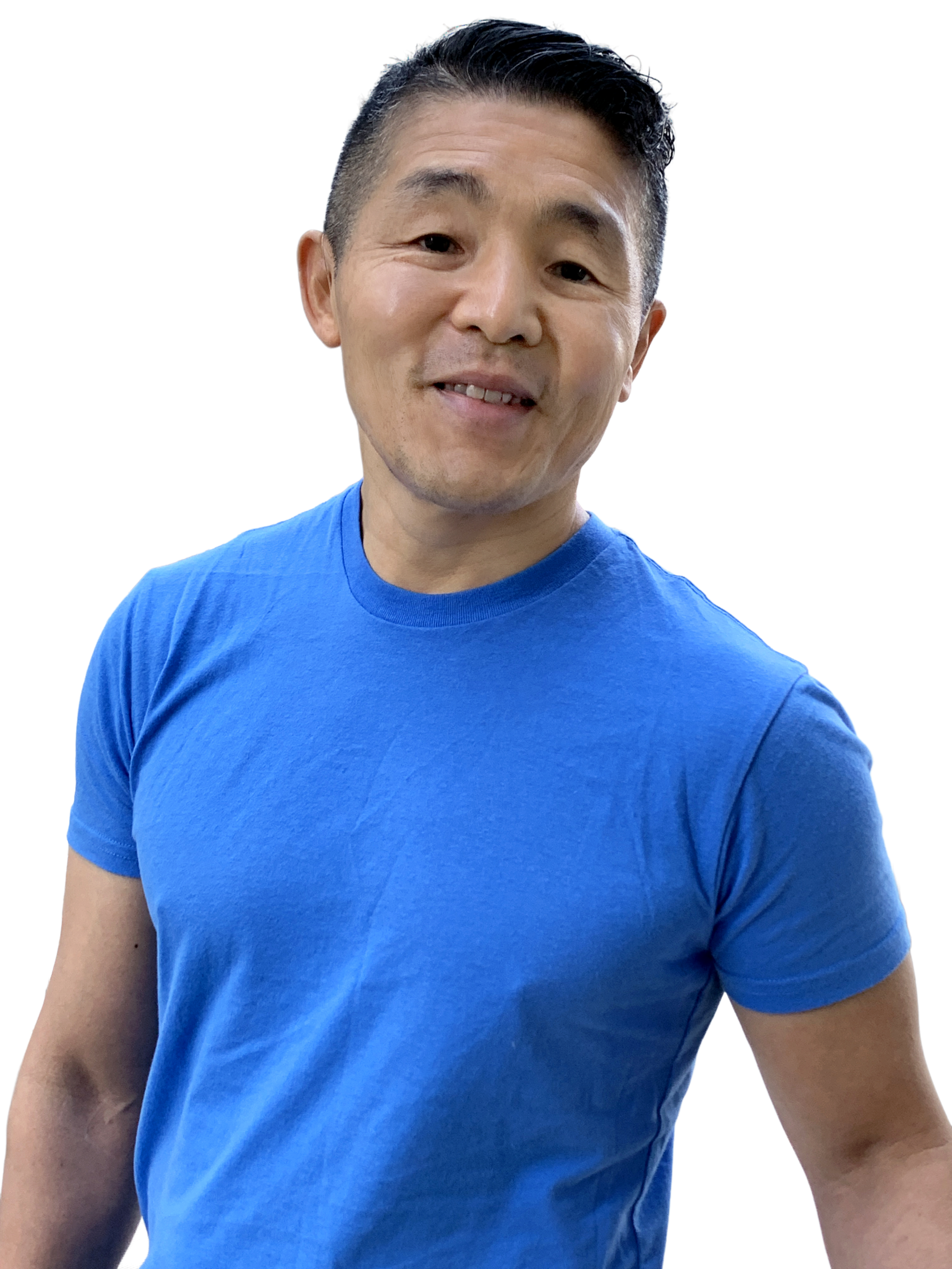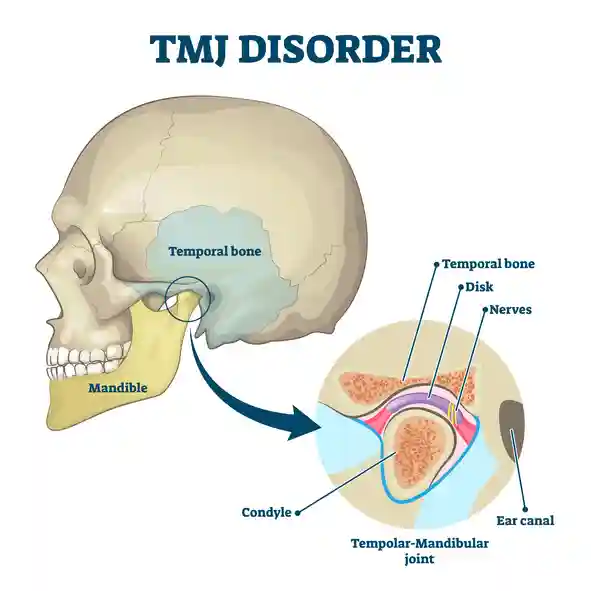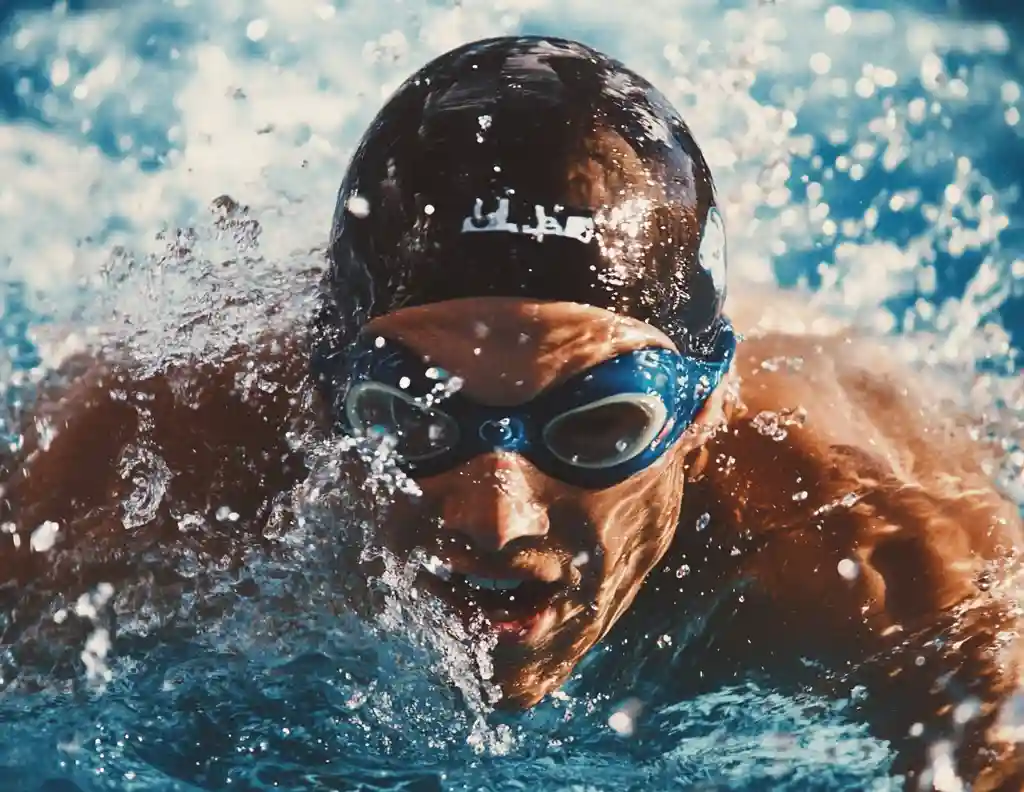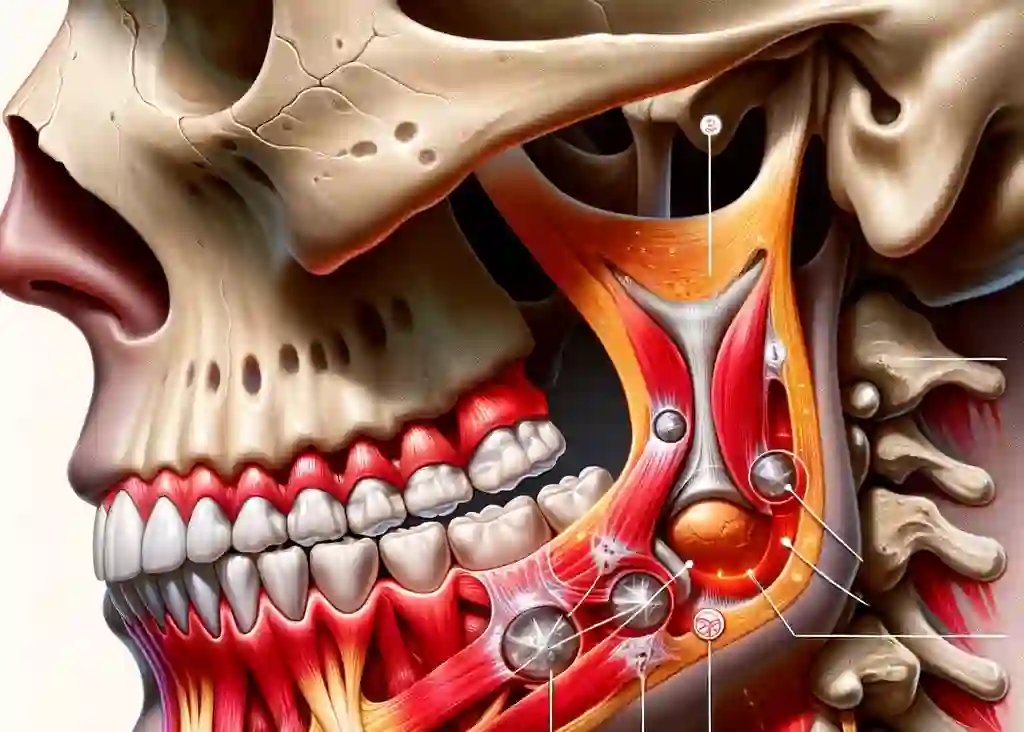TMJ Clicking: What It Really Means
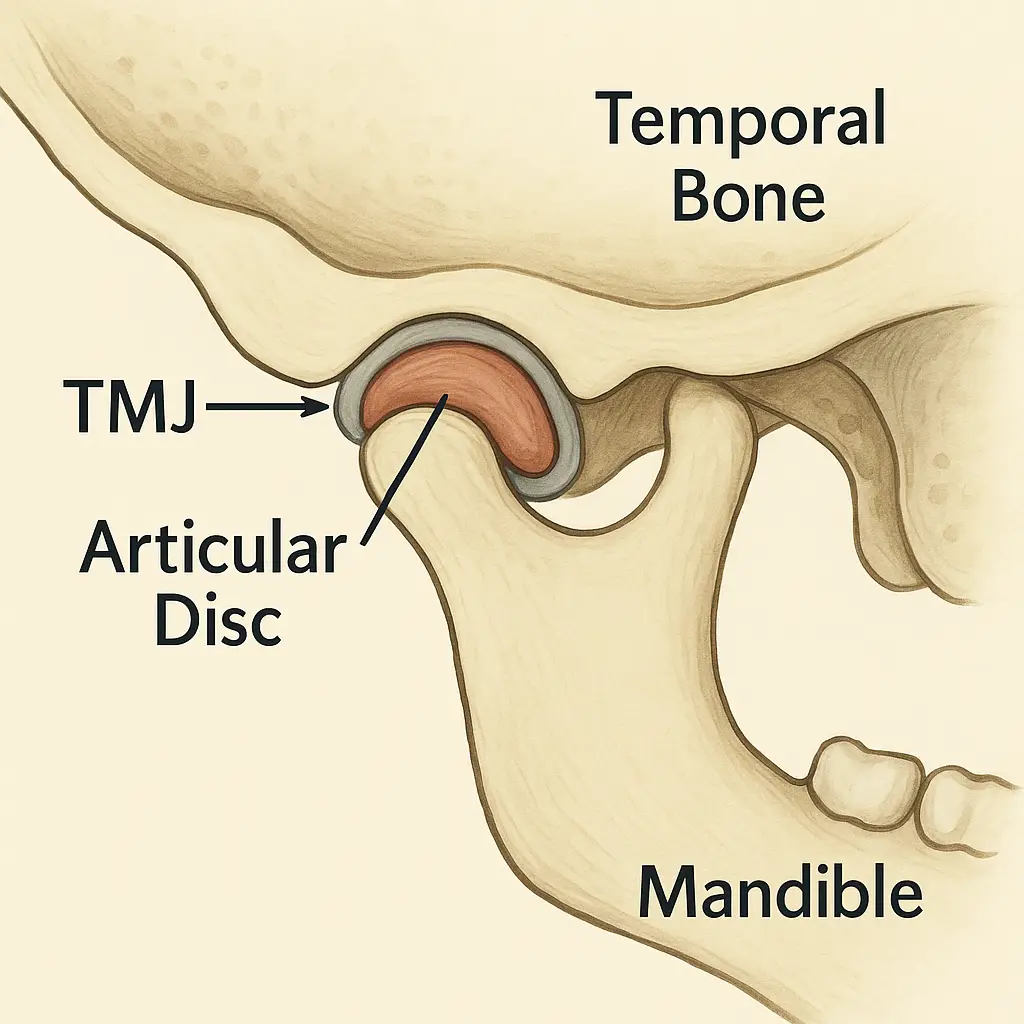
How Chiropractic Care Helps
If your jaw clicks when you open or close your mouth, you’re not alone. TMJ, TMD, or TMJD affects about 40% of people, and that clicking sound is usually a sign that the disc inside your jaw joint is slipping out of place. Sometimes it snaps back. Other times it stays stuck. Either way, your jaw is telling you something isn’t moving the way it should.
As a chiropractor in downtown Toronto, I see this every day—athletes in combat sports, office workers under stress, and people who suddenly notice their jaw making noises they can’t ignore anymore.
What TMJ Clicking Actually Means
Your TMJ has a small disc that cushions your jaw movements. When you hear a click, the disc may be sliding forward and snapping back into place. If you hear two clicks—one when you open and one when you close—that often means the disc is moving in both directions. When the disc stays stuck, you may get locking, limited opening, or pain around the ear or temple.
If you want a deeper explanation of clicking patterns, you can read about it here:
https://www.bodiempowerment.com/effective-therapy-for-tmj-is-inside-your-mouth/
Why It Happens
TMJ problems don’t always start with a big injury. The most common reasons I see in clinic are:
Trauma from Sports
Hockey, MMA, boxing, and judo all expose the jaw to hard hits. Even a glancing shot or body impact can be enough to shift the disc forward. You don’t have to be knocked out for this to happen.
Stress and Clenching
This is the biggest cause. Many patients clench without realizing it, especially during sleep. That repeated pressure pulls the disc forward and irritates the joint.
Muscle Tightness
Tightness in the masseter, temporalis, and pterygoid muscles changes how the disc tracks. When these muscles grip down, the joint can’t move smoothly.
Neck and Posture Problems
Your jaw and neck are connected. If the joints in your neck are stiff or your posture is off, the jaw often compensates. You can read more about posture and its effect on pain here:
https://www.bodiempowerment.com/how-to-improve-posture-upper-back/
Signs Your TMJ Click Needs Attention
If any of these sound familiar, you should get your jaw assessed:
- Clicking that’s getting louder
- Pain in front of your ear
- Difficulty opening wide
- Soreness in the morning
- Headaches around your temples
- Jaw fatigue when chewing or talking
- Locking when opening or closing
These are common signs that the disc or jaw muscles aren’t working well together.
How Chiropractic Care Helps Your Jaw
The TMJ doesn’t work on its own. It depends on proper muscle balance, joint motion, and neck function. That’s why treatment needs to be precise and coordinated.
TMJ Joint Mobilization
Improves how the disc moves and reduces pressure inside the joint.
Muscle Release or Active Release Technique (ART)
Releasing the jaw muscles—sometimes even inside the mouth—helps the disc track better.
Acupuncture or Dry Needling
Great for clenching, stress-driven tension, and jaw-related headaches.
Neck Treatment
Neck joints and muscles often need attention to help the jaw calm down. I see this constantly in athletes recovering from impacts. For example, many basketball players benefit from combined jaw and neck care:
https://www.bodiempowerment.com/slam-dunk-your-recovery-one-of-torontos-top-chiropractors-for-basketball-pain-relief/
Rehab Exercises
These help retrain smooth jaw opening and closing and prevent the disc from slipping.
TMJ Problems in Athletes
Athletes get TMJ issues more often than you’d think. A punch, a shoulder check, or falling on your chin can shift the disc. It doesn’t take much. Many athletes also clench during intense training without noticing it. Pairing jaw treatment with neck and posture work usually gets the best results.
If you already deal with lower-body injuries from running or other sports, this can also affect your posture and jaw mechanics. Here’s one example:
https://www.bodiempowerment.com/run-pain-free-how-a-toronto-chiropractor-prevents-common-running-injuries/
TMJ Issues from Stress
Stress is the biggest trigger I see. If you wake up with a sore jaw, you’re likely clenching overnight. Over time, that pressure irritates the disc and surrounding muscles.
A typical plan includes:
- Muscle release
- Acupuncture
- Breathing strategies
- Posture work
- Jaw relaxation habits at night
Small changes can make a big difference.
When Clicking Is Harmless and When It Isn’t
Clicking without pain usually means the disc is slipping but still relocating. Clicking with pain or limited opening usually means the disc is stuck forward or the joint surfaces are irritated. The earlier you address it, the easier it is to correct.
Final Thoughts
TMJ clicking is common, but you don’t have to live with it. Whether it started after a hit in hockey, a tough training session in MMA, or just a stressful stretch at work, there are effective ways to calm the muscles, improve joint motion, and restore normal jaw movement.
If your jaw is clicking, locking, or hurting, getting a proper assessment is the first step to feeling better again.

